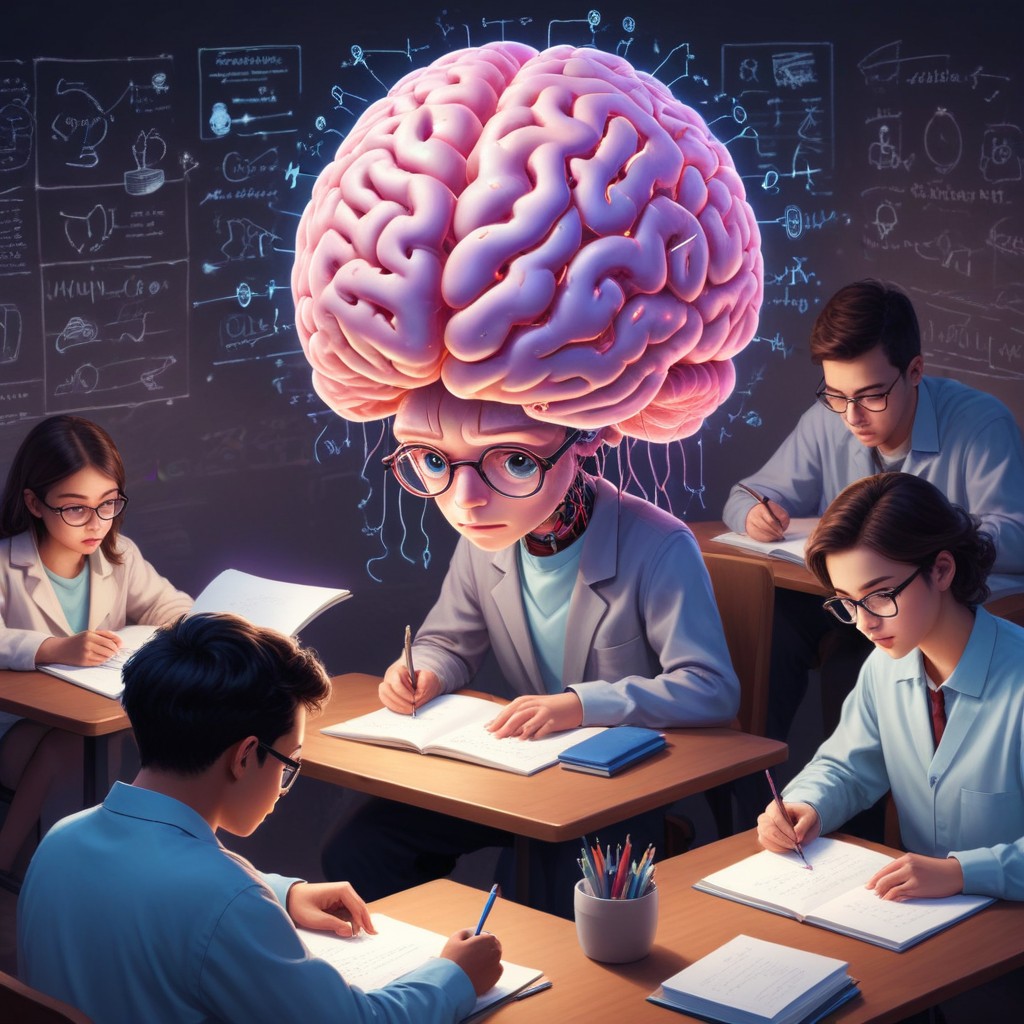Having explored various technologies and educational resources, the concept that has revitalized my enthusiasm for education is the integration of AI (Artificial Intelligence) in the classroom. I was scrolling through Instragram and a clip from The Social featuring Sinead Bovell, a futurist, discussing the concept of AI chatbots in the education system entered my feed. My mind began to reel with the future impact that ChatGPT will have in teaching, especially as an English teacher. Not only will AI chatbots, such as ChatGPT, be useful for both teachers and students, but it will fundamentally change the focus of education.
With the user-friendly nature of chatbots, the creation of text and various materials, AI is positioned to significantly influence the future of the educational landscape. As an English and Social Studies teacher, I am already observing the impact AI is currently having on students. With the advent of AI generating a multitude of different types of content, the need for students to be able to be self-sufficient and create such content will be diminished and raises pertinent questions about the skills that need emphasis in education.
As AI can compose essays, texts, and presentations, the traditional focus on teaching content creation skills may reduced. Consequently, a shift towards the development of critical thinking and analysis will be more prevalent in education as society becomes more accepting of AI use. Critical thinking skills will be essential for guiding conversations with chatbots like ChatGPT and empowering students to generate the content they require. Furthermore, reading comprehension skills will be of utmost significance. Students must not only comprehend the content generated but also understand the nuances of intonation and inflection in both the consumption and presentation of materials for the impact they desire.

Photo generatated by AI – Freepik
Focusing on the analysis of literature for nuances in intonation, inflection, and underlying messages will become more prominent in education. This shift from content creation to content analysis for specific purposes reflects the evolving educational landscape with the influence of AI. However, as an English teacher, I still believe that understanding the fundamentals of writing is crucial. This foundational knowledge enables students to discern disparities between their intentions and the presented content during analytical processes, ensuring that their messages are effectively conveyed to the intended audience.
Leave a Reply